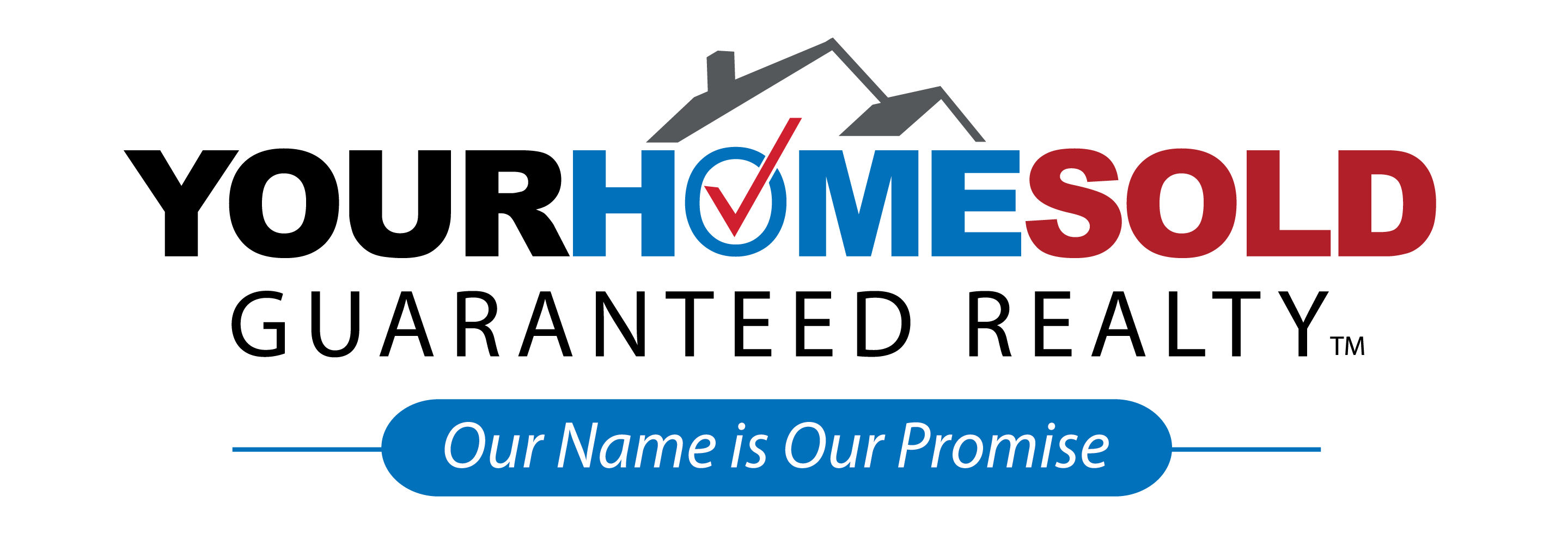To excel in the competitive world of real estate, you must adopt the habits that set highly successful agents apart. Imagine having a toolkit of strategies that consistently yield results and elevate your business to new heights. By honing in on these top 10 habits, you can pave the way to success and navigate the ever-evolving landscape of the real estate market with confidence and finesse.
Consistent Client Communication
Maintain regular and proactive communication with your clients to build trust and strengthen relationships in real estate transactions. Consistent communication is key to keeping your clients informed and engaged throughout the buying or selling process. By providing timely updates, answering questions promptly, and addressing any concerns they may have, you demonstrate your commitment to their needs.
Initiate contact regularly, whether through phone calls, emails, or in-person meetings, to ensure that your clients feel supported and valued. Keeping them in the loop regarding market trends, property showings, and any developments in their transaction helps to alleviate anxiety and build confidence in your abilities as their agent.
Additionally, active communication allows you to anticipate and address any potential issues before they escalate, fostering a smoother transaction process. By staying accessible and responsive, you not only build trust with your clients but also increase the likelihood of referrals and repeat business in the future.
Strategic Networking Efforts
Strengthen your real estate business by strategically expanding your network of industry professionals and potential clients. Successful real estate agents understand the power of networking. Attend industry events, join local real estate associations, and engage with fellow agents online to build relationships that can lead to referrals and partnerships.
By connecting with mortgage brokers, home inspectors, and other related professionals, you can provide clients with a comprehensive network of support during their buying or selling process.
Utilize social media platforms like LinkedIn to showcase your expertise and connect with a broader audience. Share valuable content, engage with followers, and participate in relevant groups to establish yourself as a knowledgeable and trustworthy agent in the industry.
Additionally, consider hosting networking events or informational sessions to bring together clients, colleagues, and potential leads in a more personal setting.
Proactive Market Research
Expand your real estate expertise by proactively conducting market research to stay ahead of industry trends and opportunities. Being proactive in your market research efforts can give you a competitive edge in the real estate industry.
Start by regularly monitoring local market data, such as housing inventory levels, average selling prices, and time on the market. Keep an eye on economic indicators that can influence the real estate market, such as interest rates, employment rates, and population growth.
Additionally, stay informed about emerging real estate technology and tools that can streamline your processes and enhance your services. Attend industry conferences, webinars, and networking events to gain insights from other professionals and experts in the field.
Utilize online resources, such as real estate blogs, industry publications, and market analysis reports, to deepen your understanding of current market conditions.
Goal-Oriented Planning
Set clear and achievable goals to guide your real estate business towards success. Establishing specific targets gives you a roadmap to follow, helping you stay focused and motivated.
Begin by outlining both short-term and long-term objectives that align with your overall vision. Whether it’s increasing your annual sales volume, expanding your client base, or mastering a new marketing strategy, having well-defined goals provides direction and purpose to your daily activities.
Break down your larger goals into smaller, actionable steps to make them more manageable and track your progress effectively. Regularly assess your performance against these objectives and adjust your strategies as needed to stay on course.
Setting deadlines for each milestone creates a sense of urgency and accountability, driving you to work efficiently towards accomplishing your goals.
Remember to celebrate your achievements along the way, no matter how small they may seem. Recognizing your progress boosts morale and encourages you to keep pushing forward.
Exceptional Customer Service
To establish a strong reputation and cultivate lasting relationships with clients, prioritize providing exceptional customer service in your real estate business. This key habit sets successful real estate agents apart.
Always be attentive to your clients’ needs and concerns, responding promptly to inquiries and requests. Communicate clearly and effectively, keeping clients informed every step of the way. Show genuine care and empathy, building trust and loyalty with each interaction.
Strive to go above and beyond for your clients. Offer personalized services tailored to their specific preferences and circumstances. Anticipate their needs and provide solutions before they even ask. Make yourself available for questions and guidance, demonstrating your dedication to their satisfaction.
Continuous Learning
Embrace a mindset of perpetual growth by prioritizing continuous learning as a fundamental habit for success in real estate. In a dynamic industry like real estate, staying updated with market trends, new technologies, and changing regulations is crucial. Highly successful agents understand the importance of ongoing education to enhance their skills and knowledge continuously.
To excel in real estate, make a habit of attending workshops, seminars, and industry conferences to broaden your understanding of the market. Engage in online courses or webinars to stay informed about the latest tools and strategies for effective property transactions.
Additionally, reading books, listening to podcasts, and following influential real estate blogs can provide valuable insights and perspectives to sharpen your expertise. Networking with other professionals in the field can also be a great way to learn from their experiences and exchange ideas.
Efficient Time Management
Prioritize managing your time efficiently to maximize productivity and success as a real estate agent. Efficient time management is crucial in a fast-paced industry like real estate. Start your day by creating a detailed schedule outlining tasks and deadlines.
Utilize tools like digital calendars or time-tracking apps to stay organized and on track. Set specific time blocks for activities like prospecting, client meetings, and paperwork to ensure you give adequate attention to each aspect of your business.
Learn to delegate tasks that can be handled by others, such as administrative work or property inspections, allowing you to focus on high-priority activities that require your expertise. Avoid multitasking, as it can decrease efficiency and lead to errors.
Remember to schedule breaks to rest and recharge, as overworking can lead to burnout.
Strong Negotiation Skills
Developing strong negotiation skills is essential for real estate agents to succeed in closing deals effectively and in favor of their clients. As a real estate agent, your ability to negotiate plays a crucial role in securing the best possible outcomes for both buyers and sellers. Effective negotiation involves active listening, understanding the needs of all parties involved, and finding mutually beneficial solutions.
A successful real estate agent knows how to navigate through different personalities and situations to reach a favorable agreement. By honing your negotiation skills, you can build trust with clients, demonstrate your expertise, and ultimately close more deals. Remember, negotiation isn’t about winning at all costs but about creating win-win situations where all parties feel satisfied with the outcome.
To enhance your negotiation skills, consider taking courses, attending workshops, or seeking mentorship from experienced agents. Practice negotiating in various scenarios to sharpen your abilities and adapt to different circumstances.
Technology Integration
Integrating technology into your real estate practice can revolutionize your efficiency and client experience. By utilizing customer relationship management (CRM) software, you can streamline communication with clients, track leads, and manage important contacts all in one place.
Additionally, leveraging virtual tour platforms and high-quality photography equipment can enhance your property listings, attracting more potential buyers.
Implementing electronic signature software enables you to expedite the document signing process, making transactions smoother and quicker. Social media platforms are powerful tools for marketing your listings and connecting with a broader audience.
Engaging with clients through video calls and virtual meetings allows for more personalized interactions, even from a distance.
Stay updated on the latest real estate apps and software to stay ahead of the curve. Embracing technology not only boosts your productivity but also demonstrates your commitment to providing top-notch service to your clients in today’s digital age.
Resilience and Adaptability
Maintaining a mindset of adaptability and resilience is crucial for navigating the ever-changing landscape of the real estate industry. Successful real estate agents understand that challenges will arise, market conditions will fluctuate, and client needs will evolve.
To thrive in this dynamic environment, you must be willing to adapt to new technologies, market trends, and client preferences.
Resilience is about bouncing back from setbacks, rejections, and disappointments. It’s understanding that not every deal will go smoothly, not every client will be easy to work with, and not every prospect will convert into a sale.
Developing a thick skin and a positive attitude will help you persevere through tough times and come out stronger on the other side.
Being adaptable means being open to change, embracing innovation, and continuously learning and growing. It’s about being proactive in seeking out opportunities, staying ahead of industry shifts, and adjusting your strategies as needed.
Conclusion
Incorporate these top 10 habits into your daily routine to become a highly successful real estate agent.
Consistent client communication is crucial for building trust and lasting relationships with clients.
Strategic networking allows you to expand your reach and create valuable connections within the industry.
Proactive market research helps you stay ahead of trends and make informed decisions for your clients.
Goal-oriented planning ensures that you have a clear direction and purpose in your business.
Exceptional customer service sets you apart and generates positive word-of-mouth referrals.
Efficient time management allows you to maximize productivity and focus on high-priority tasks.
Strong negotiation skills are essential for closing deals and getting the best outcomes for your clients.
Technology integration enables you to streamline processes and stay competitive in a digital world.
Resilience and adaptability are key traits for overcoming challenges and staying agile in the ever-changing real estate market.
Stay focused, stay motivated, and watch your success soar.

